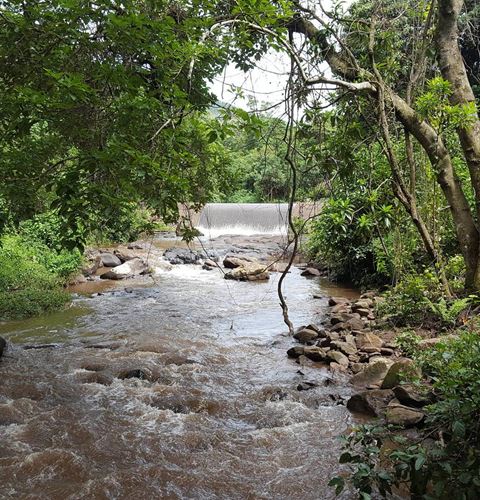Mini Grid Solutions for Rural Electrification
A mini grid is a localised power generation and distribution network, independent to a national grid. Typically, mini grids are developed to provide power for remote and rural communities that do not have access to a national grid. They can also be used to provide reliable power in locations where the national grid is unstable.
Mini grid systems provide communities with the opportunity to take ownership of the natural resources they have available to them, reducing their dependency on burning fossil fuels for electricity.
In remote areas, small-scale mini grid schemes can bring electricity for the first time to whole communities. This provides lighting, TV and communications for homes, schools, clinics and community buildings. The electrical power generated can be enough to run machinery and refrigerators, thus supporting small businesses as well as homes.
Advantages of Hydro within a Mini Grid System
- Free natural resource
- Low environmental impact
- Mature proven technology
- Long equipment life span
- Reliable source of "mains" quality electricity
- Low maintenance
- Robust control systems - minimal operator interaction
- Integration with other power sources
Hydropower as part of a Mini Grid
Mini Grid Systems are increasingly being developed with multiple renewable energy sources within the one mini grid. Small Hydro schemes can play a vital part in these grids with the abundance of available resource.
Gilkes have decades of experience integrating hydropower into rural mini grids and islanded applications to provide power to remote communities.
This considerable worldwide experience has led to our development of systems that can:
- Integrate into new or existing networks
- Operate both islanded and grid connected
- Provide provision for future connection to national grids
- Have black start capability
- Respond rapidly to change in load demand
- Generate in parallel with other generators in the same network
- Dispatchable Power on demand when storage available


